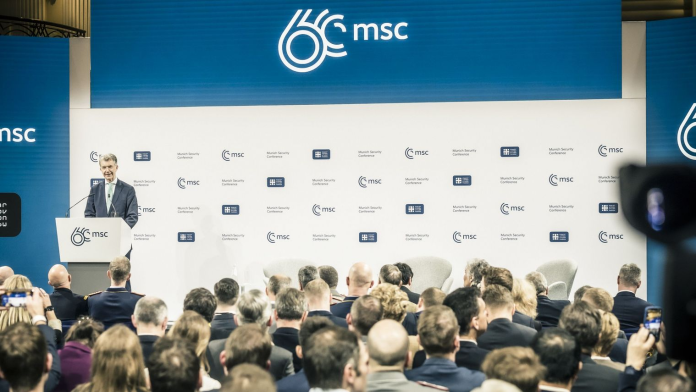The Munich Security Conference (MSC), one of the world’s premier defence forums, barred Germany’s Alternative for Germany (AfD) and the Sahra Wagenknecht Alliance (BSW) from attending this year’s event, according to Politico.
The decision underscores deepening divisions between Germany’s political mainstream and populist factions ahead of the February 23 national election. MSC Chair Christoph Heusgen confirmed the exclusion on Monday, citing both parties’ rejection of the conference’s core principle: “Peace through dialogue.”
The move follows their walkout during Ukrainian President Volodymyr Zelensky’s address to the German parliament in June 2023, which Heusgen described as a tipping point.
Leaving the room when a head of state [speaks to] parliament is the opposite of dialogue. That’s not the kind of behaviour I want to see at this conference.
Stance on Ukraine
Both the AfD and BSW gained traction by capitalising on anti-establishment sentiment. They opposed military aid to Ukraine and advocated for closer ties with Moscow, stances that had resonated with disillusioned voters, especially in former East Germany.
During Zelensky’s speech, AfD leaders Alice Weidel and Tino Chrupalla dismissed the event as “a platform for reconstruction begging,” while the BSW accused the Ukrainian president of fueling “a highly dangerous escalation spiral.”
Traditionally, the MSC welcomed all parties represented in the Bundestag. However, since taking over in 2023, Heusgen had deviated from the norm, first excluding the AfD and now extending the ban to the BSW.
Inviting AfD politicians would go against the spirit of our conference founder, Ewald-Heinrich von Kleist [the German officer involved in a failed 1944 plot to assassinate Hitler].
The exclusion of the AfD and BSW adds fuel to an already polarised election campaign. Recent polls show the AfD performing strongly, while the BSW is drawing support from disenchanted voters.
As Germany approaches a pivotal election, the MSC’s decision reflects broader tensions over the role of popular parties in shaping the country’s foreign and security policies. The conference’s focus on dialogue and cooperation stands in stark contrast to the AfD and BSW’s confrontational stances, setting the stage for a contentious political battle in the weeks ahead.
